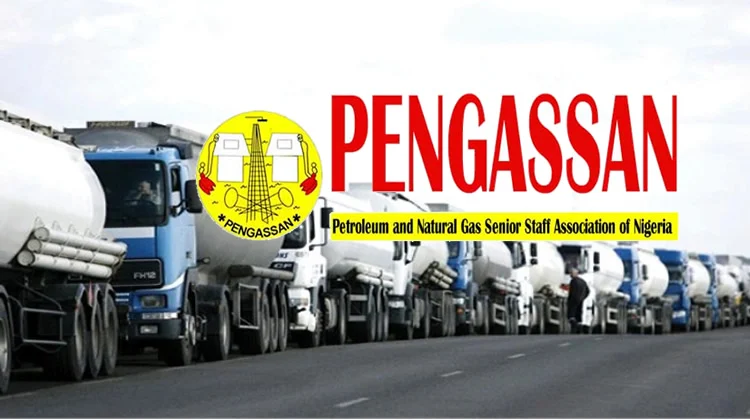Breaking News
PENGASSAN Renews Call for Divestment in Refineries, Pushes for Oil Sector Reforms
Speaking on the second day of the 4th PENGASSAN Energy and Labour Summit (PEARLS 2025) in Abuja, PENGASSAN President Comrade Festus Osifo emphasized that Nigeria’s refineries must work, but insisted this will only be achieved through strategic divestment and a shift in operational control.

The Petroleum and Natural Gas Senior Staff Association of Nigeria (PENGASSAN) has once again urged the Federal Government to divest its majority stakes in the country’s refineries, advocating for a new operational model that brings in technical experts to restore the plants and revive Nigeria’s oil and gas sector.
Speaking on the second day of the 4th PENGASSAN Energy and Labour Summit (PEARLS 2025) in Abuja, PENGASSAN President Comrade Festus Osifo emphasized that Nigeria’s refineries must work, but insisted this will only be achieved through strategic divestment and a shift in operational control.
“Yes, the refinery should work… but government must divest. Let them have minority shares and bring in refinery experts who know how to manage the plants,” Osifo said.
“We have said this countless number of times… bring the refinery to work. It is okay, but when the refinery is working, you divest.”
He proposed a model similar to the Nigeria LNG (NLNG) structure, where the government holds a minority 49% stake, while private sector operators like E&I, Shell, and TotalEnergies retain majority control and decision-making power.
“In NLNG today, governments have 49 percent shares; the rest is held by companies… Majority decisions are taken by the private sector,” he explained. “This is the model we should replicate in our refineries to take out politics and inefficiencies.”
Osifo stressed that Nigeria has the human capacity to operate its refineries but is being hindered by political interference and lack of proper tools and expertise.
Beyond the refineries, the PENGASSAN President also raised concerns about low crude oil production, despite Nigeria holding over 37 billion barrels in reserves.
“We’re currently producing just about two million barrels per day. At this pace, it’ll take over 50 years to fully exploit our reserves. Effort must be put in place to increase our production,” he urged.
He drew comparisons to how Dubai was developed using oil wealth from Abu Dhabi, arguing that increasing oil output is essential to financing Nigeria’s development.
Osifo also commended the recent marginal field bid round, describing it as “one of the most transparent ever done in Nigeria.” He condemned past practices where oil blocks were handed to politically connected individuals lacking technical capacity, resulting in underutilized assets.
“If you have the technical expertise and the financial muscle, you will be able to contribute to the growth and development of the oil and gas sector in Nigeria,” he stated.
On labour issues, Osifo criticized some oil companies for preventing workers from joining unions, describing such actions as unacceptable in 2025.
“This is 2025, and we still have companies indulging in this. We wish to let them understand that they should desist, or we will surely come after them,” he warned.
The summit also focused on themes such as policy stability, investment climate, and safety in the oil and gas industry, with PENGASSAN calling for stronger governance and collaborative action to build a resilient, worker-friendly energy sector.










